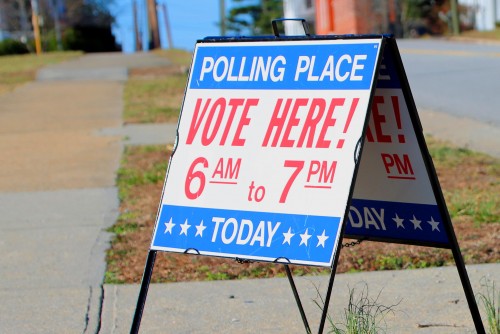Donor-advised funds have a number of positive benefits for the donor, but they can also veer off of the original intent of the donor; their perpetuity is one problem noted in this article.
"Compared with many other wealthy countries, the United States relies a lot on charity. In the U.S., private donors help feed and house the poor, finance orchestras and museums, fund scholarships and universities – social functions that, in many countries, are paid for by governments and tax dollars. In return, the U.S. government offers generous tax breaks on the income that Americans donate to charity.
"But some experts believe that changes in the financial industry are putting this longtime relationship at risk. In an article published Tuesday in The New York Review of Books, Ray Madoff, a law professor at Boston College, and Lewis Cullman, a 97-year-old philanthropist who has given much of his wealth to charity, argue that the rapid growth of a type of fund meant to collect, manage and distribute charitable donations on behalf of wealthy donors is obstructing the flow of money to those who need it most -- a claim the industry rejects."--Ana Swanson, The Washington Post






